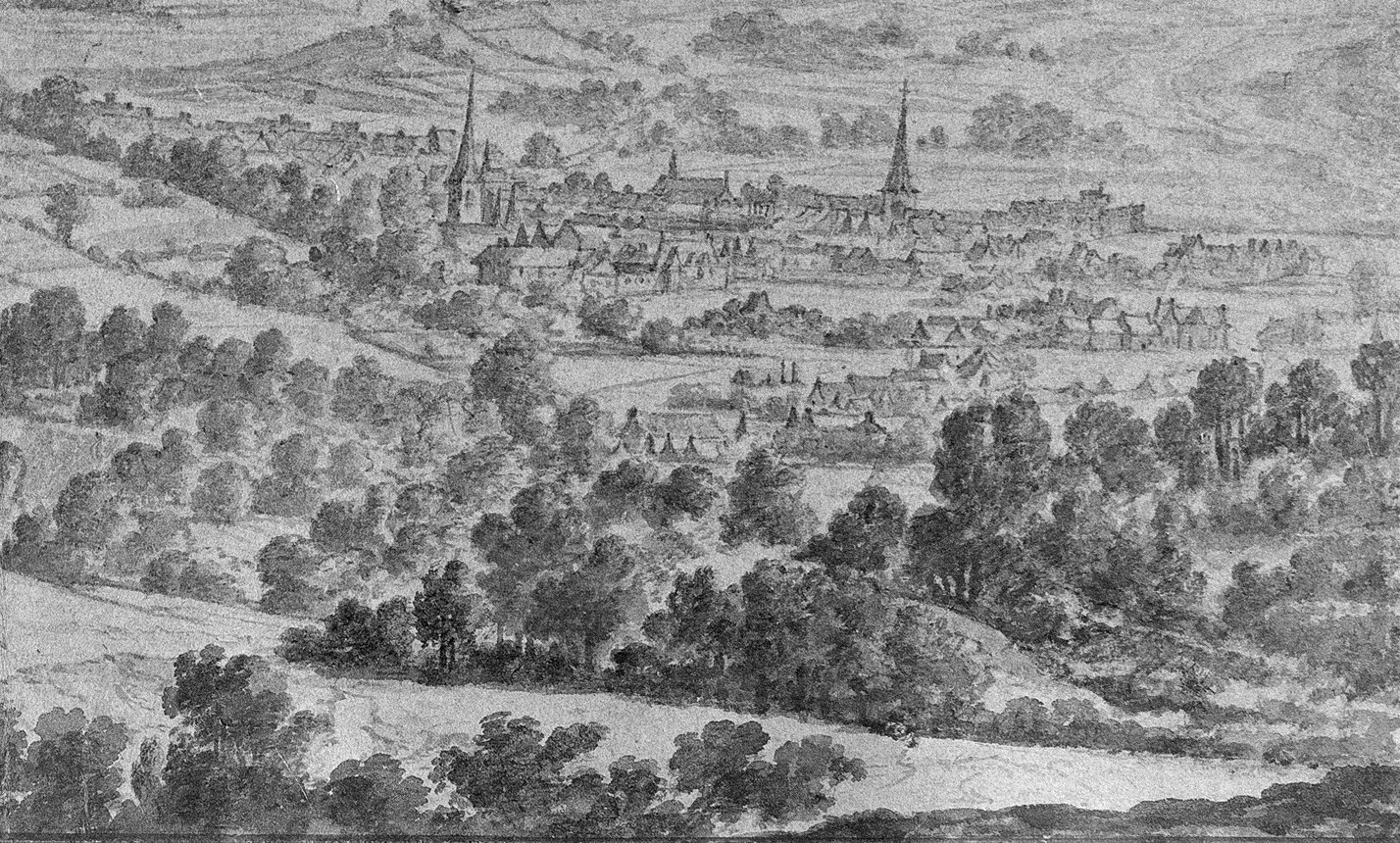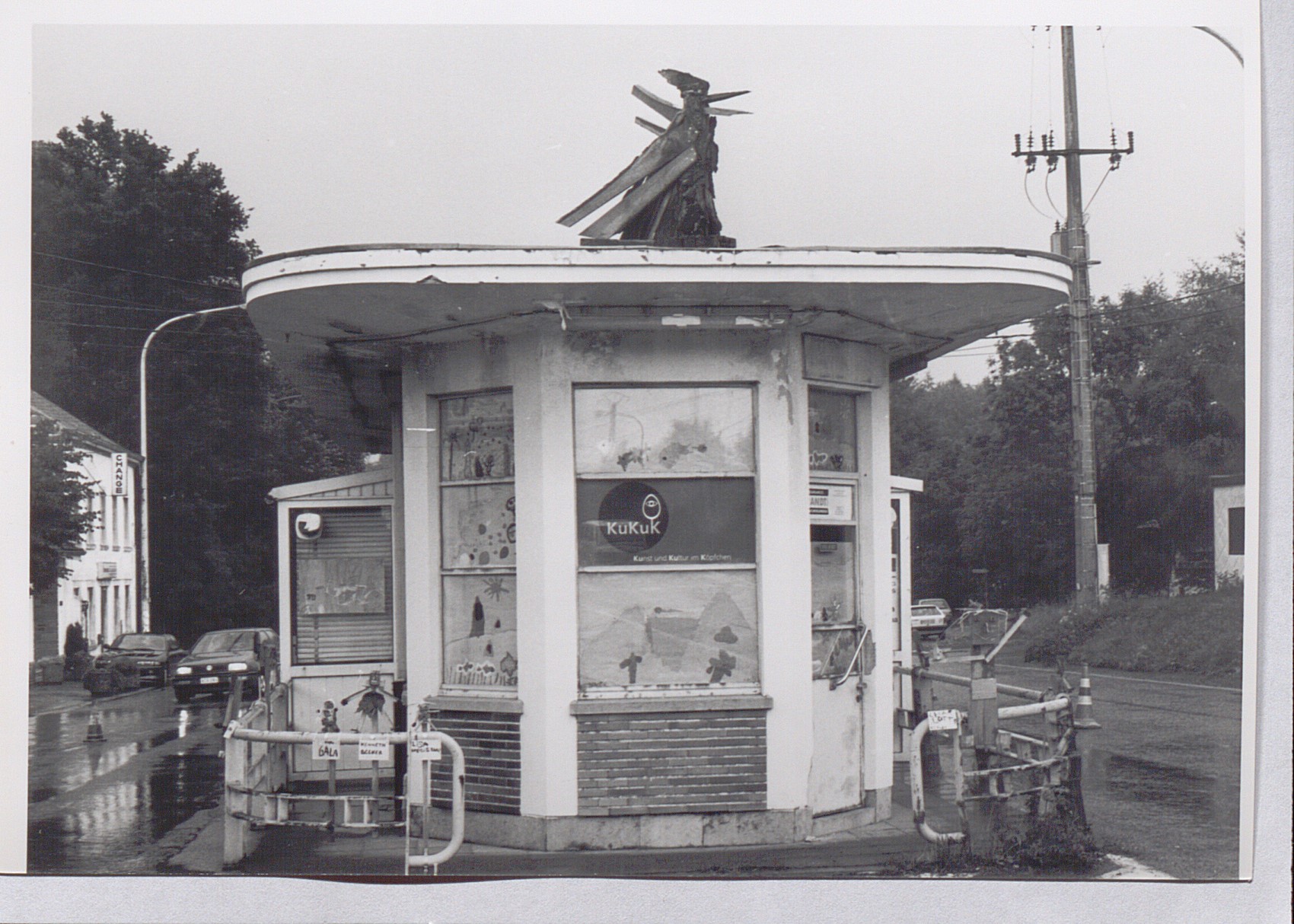Today, the inhabitants of the area around Eupen and Sankt Vith feel being part of the Belgian state. They call themselves German-speaking Belgians. In the designations of the other constituent states (Walloon Region, Federation of Brussels-Wallonia, Flanders), the affiliation to Belgium no longer appears.
The German-speaking Belgians feel comfortable in their country. The most important motive is probably the extensive autonomy they have received over the last 50 years. This allows them to freely develop their cultural characteristics. The second article of the constitution illustrates this important status: ‘Belgium comprises three communities: the German-speaking Community, the Flemish Community and the French Community’.
At the same time, progressive European integration offered the East Belgians the opportunity to use the open borders for their own benefit, to seek stronger contact with the Federal Republic of Germany, the Grand Duchy of Luxembourg, and the Netherlands. As a border region, the area benefited greatly from the abolition of borders and had every opportunity to make everyday life open.
Centre for East Belgian History
-
![Benjamin_Hachenberg_rund]()
Benjamin Hachenberg
Opinion:
‘In my personal case, since I live in the Koblenz area and in the Trier area (and hence, in both cases, not very far from national borders), I can certainly confirm that in our time of open borders, cultural exchange takes place to a healthy degree. Conversely, one’s own cultural identity can be preserved and lived to an equally healthy degree. Admittedly, however, with the difference that in my homeland, no adaptation or integration into a new state or at least a new language has taken place for many decades.’
-
![Studentin_Aachen]()
Claudia Kühnen
Opinion:
‘I can travel and work from Aachen to Eupen without any worries, interact and communicate with everyone, and I have made many new friends. Even though identities still exist in people’s minds, the open borders have made it easier to interact with each other. Border regions are also transitional regions, which entails compromising on language and values and accommodating the “other”.’
-
![Michel_Pauly]()
Michel Pauly
Opinion:
‘Similar to East Belgium and all other border regions within the European Union, Luxembourg, which has always been small compared to its neighbouring countries, is the personification of a border region. It benefits from the European border openings, which in the case of Luxembourg reconnects it with its former possessions and beyond. In Luxembourg, the distance to the border is never far. Cross-border traffic and permanent exchange with foreign countries are therefore a logical consequence of Luxembourg’s dimensions. Luxembourg is therefore often referred to by Luxembourgers as the heart of Europe, not only because of its geographical location, but also because it regularly scores high in the Eurobarometer. This high approval rating for the EU is based on the fact that Luxembourg benefits financially from the opening of its borders: labour from neighbouring countries is available in masses, without which the Luxembourgish economy would be much smaller. Politically, of course, small Luxembourg also benefits from the EU as it offers it a stage before the world public – a power multiplier for its influence in the world, which it would not have without the EU. So as long as Luxembourg benefits financially and politically from the EU, Luxembourgers will also be proud Europeans.’
-
![Adeline_Moons]()
Adeline Moons -
Jeroen Petit
Opinion:
‘In Flanders, the question of our place in the world is a highly topical once, too. Today there are many discussions about Flanders’ place in Belgium or the future of Belgium. This will continue to be debated in the years to come.’





